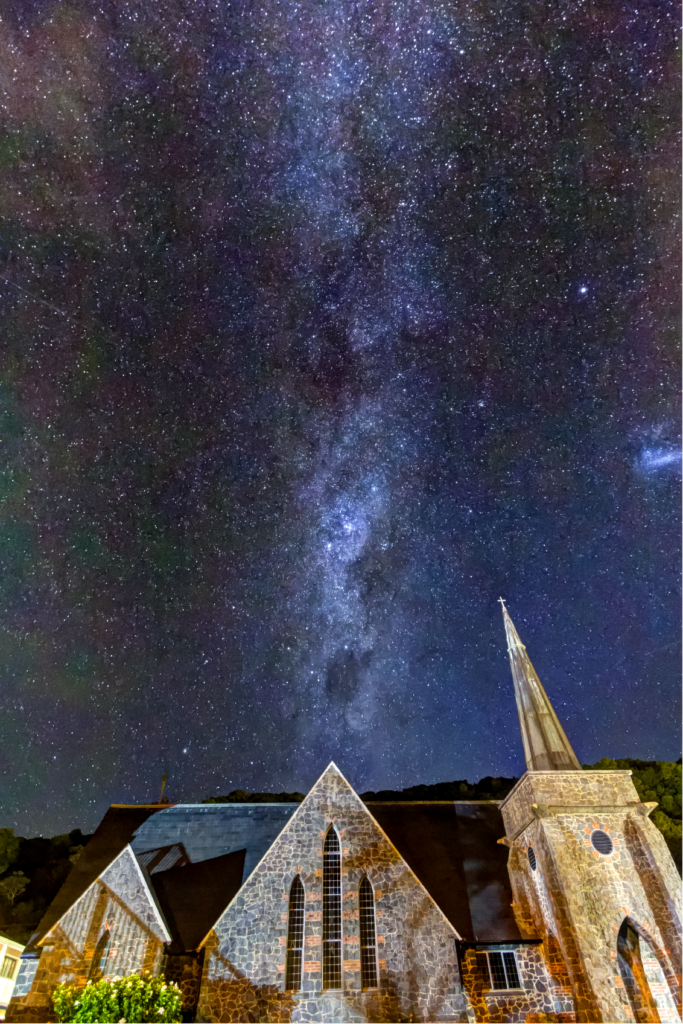Transforming the Conversation about Science and Theology in Scotland
The relationship between science and faith is complex and can often appear contradictory. Increasingly, the two disciplines are thought of as having very little to no overlap – and any suggestion of overlap is often viewed with suspicion. The portrayal of science and faith as irreconcilable is one that Dr Andrew Torrance, from the School of Divinity, has actively been challenging. Torrance introduced the Scientists in Congregations model to Scotland, which centres on developing projects co-led by a pastor and a professional scientist in congregations and which has enjoyed considerable success in the United States. Torrance’s efforts led to 19 such projects being developed across Scotland, impacting over 25 congregations.
Prior to launching Scientists in Congregations Scotland, Torrance’s research was already focusing on the relationship between science and faith with a view to encouraging a more constructive conversation between these two areas. He argues that a two-way interaction between theology and science is both critical to Christian thought and unthreatening to contemporary work in the natural sciences. Indeed, he goes so far as to suggest that this dialogue could benefit science as well as theology: he contends that, from a Christian perspective, theological reflection makes a decisive difference to how one interprets the empirically accessible history of the natural world.
Such questions were explored in more depth in “Knowing Creation: Perspectives from Theology, Philosophy, and Science”, a book that brought together an interdisciplinary team of theologians, biblical scholars, philosophers, and scientists to explore how the natural world can be known as a creation in a way that is wholly compatible with scientific methodology and belief. The book offers a source of encouragement for religious believers who might feel that a career in the sciences would conflict with their beliefs. Together, the group found that the doctrine of creation can be complementary to work in the natural sciences, and that Scripture’s account of creation can be interpreted in a way that does not compete with scientific views about the origins of the cosmos, life generally, and humanity specifically. Scientific and theological methodology can, in fact, work together, enabling scientists to view their work through a theological lens so that they need not feel a need to set aside their beliefs when they enter the lab.

This research, initiated by Torrance, was shared broadly with the public through a series of community engagements. Alongside the 25 congregations engaged directly by the SiCS project, 39 public lectures and school talks brought the group’s message to a much wider audience. This was complemented by a series of popular articles, podcasts, and videos that gave the project an international reach.
By working alongside scientists, the pastors and churchgoers involved in SiCS came to see that contemporary work in the natural sciences does not create a hurdle for their faith, something made clear by the fact that SiCS brought about a 42% rise in the confidence of congregations when it comes to understanding the relationship between science and theology, alongside an 83% rise in the frequency in which the relationship between science and theology was discussed in the congregations.
Building on the success of SiCS, another Scientists in Congregations project has been launched in England and Wales through Durham University, which has so far supported 35 congregational projects. The influence of Torrance’s research has had a wide-ranging series of impacts across the country and beyond, addressing a need for greater tolerance of religious beliefs that is vital for the flourishing of pluralistic society.
